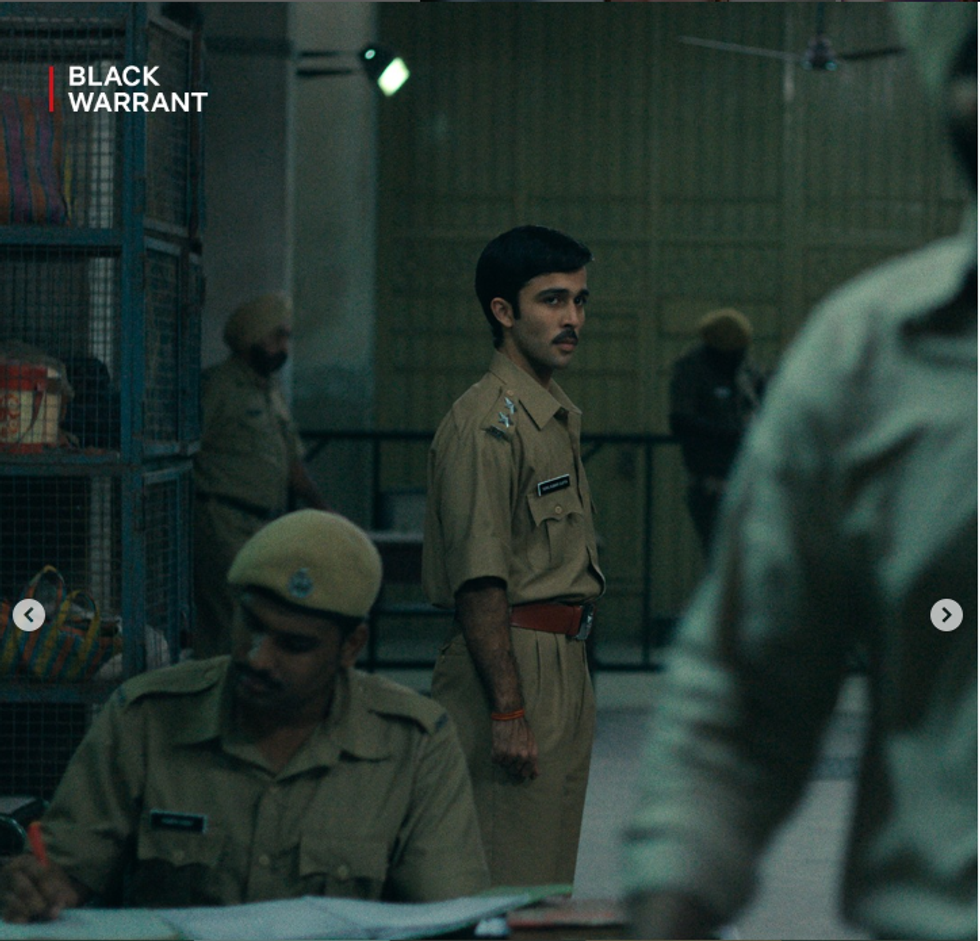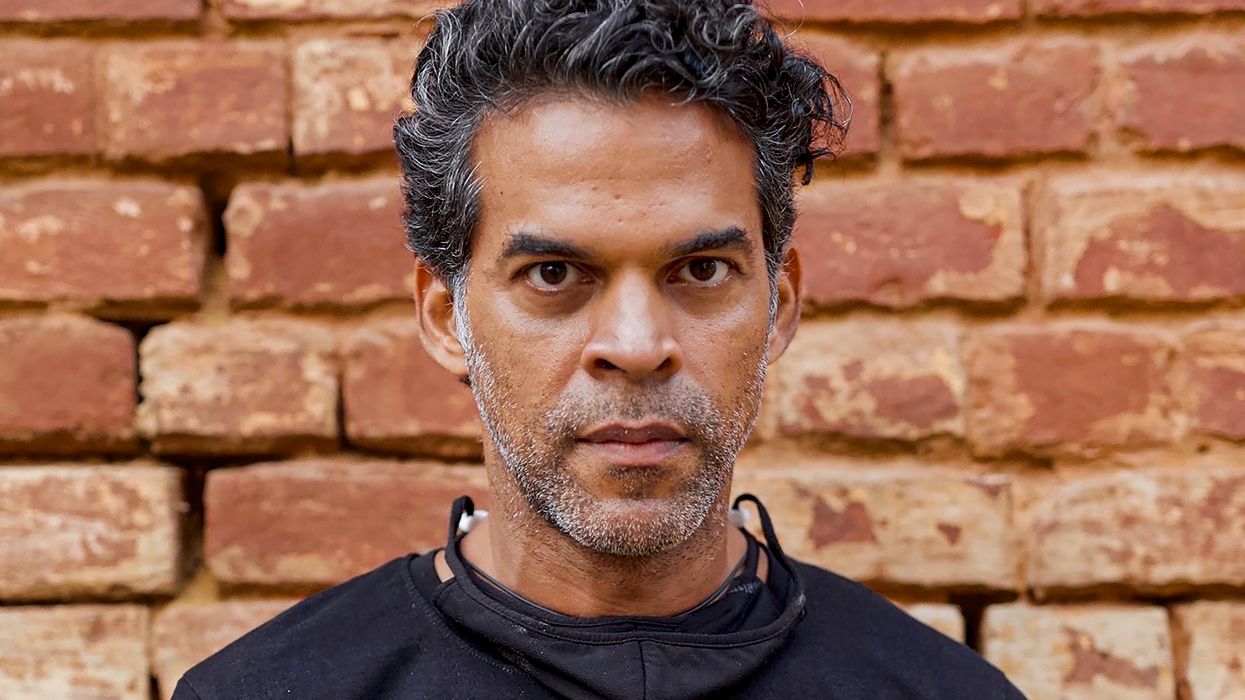FILMMAKER Vikramaditya Motwane, whose new Netflix series tells the story of a former superintendent of one of India’s most prominent jails, said it was a chance for him to explore a “tough and complicated” world.
Black Warrant has been adapted from the book Black Warrant: Confessions Of A Tihar Jailer by Sunil Gupta, a former superintendent of Tihar, and journalist Sunetra Choudhury
Based on true events, the prison drama revolves around Gupta who, with his two trusted fellow jailers, confront notorious inmates in Delhi’s Tihar jail and the deep-rooted politics in the 1980s.
The series will debut on Netflix on Friday (10).
“I’m a student and lover of contemporary history and I like to shine a light on it in an interesting, entertaining and engaging way. That’s my approach to everything. I love filmmaking and I’m up for a challenge every time to try something (new),” said Motwane.
Zahan Kapoor, the grandson of late cinema legend Shashi Kapoor, makes his series debut with the show.
Motwane said Black Warrant offered him an opportunity to explore a hidden world that is “tough, complicated, and full of contradictions”.
He previously helmed Sacred Games on Netflix and Jubilee on Prime Video.For the new show, Motwane visited Tihar jail and also talked to Gupta to understand the day-to-day operations in prison, including how inmates pay for water and gangs operate inside the premises.
“I told my crew constantly, ‘you are a fly on the wall’, or you are peeping into somebody’s room and feel like you are taking vicarious pleasure out of what is happening on screen. That’s been the operative mantra throughout,” he said in an interview.
“There is something voyeuristic about looking at a jail. There’s an intrigue about what happens inside – what are the people like? Are they all criminals? Are there any silver linings?”

When Motwane read the book, he said the relationship between Gupta and serial killer Charles Sobhraj was so compelling that he decided to guide the audience into the prison through Gupta’s perspective.
“The lens was always about Sunil’s story. If he is the centre of the wheel, then what are the spokes that are going to go around – so him with his colleagues, family and relationship with prisoners. That’s always been the focus of it,” Motwane said.
“Sunil’s journey through Tihar Jail provided a unique perspective like no other to capture that complexity. The trailer (which dropped last week) is just a glimpse of how the series will peel back the layers of a world that is as brutal as it is complex as it is fun... I can’t wait for viewers to uncover the humanity and grit within this powerful narrative,” he added.
American filmmaker David Fincher’s series Mindhunter also served as a “minor inspiration”, Motwane said.
Gupta said he wanted to shed a light on life in prison through his book. “People should know what is happening inside the jail... For prison managers, it is important they know what the conditions were back in the 1980s, and to take curative steps to resolve things. Much was to be done,” he said.
“Certain incidents mentioned in it are very emotional. There were certain things that I wanted to tell the public – like drugs were very prevalent from 1981 to 1984; there were exhortation rackets; inhuman treatment of the prisoners. I was aware of some incidents, which we incorporated in this book,” he added.
Choudhury said it was magical to see her words come to life on screen. “When you write a book... you always imagine what this world is like and it is up to the readers, they think about it. So for me to watch it, it was like, ‘Oh my god, we wrote something, now it is flesh and blood’.”
Black Warrant also stars Rahul Bhat, Paramvir Singh Cheema, Anurag Thakur and Sidhant Gupta. It features special appearances from actors Rajshri Deshpande, Tota Roy Chaudhary and Rajendra Gupta.




